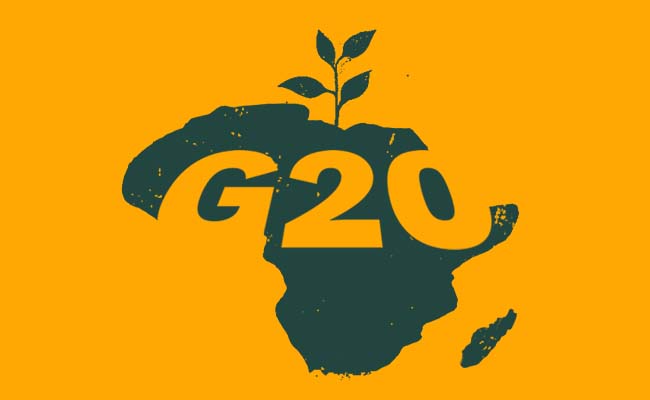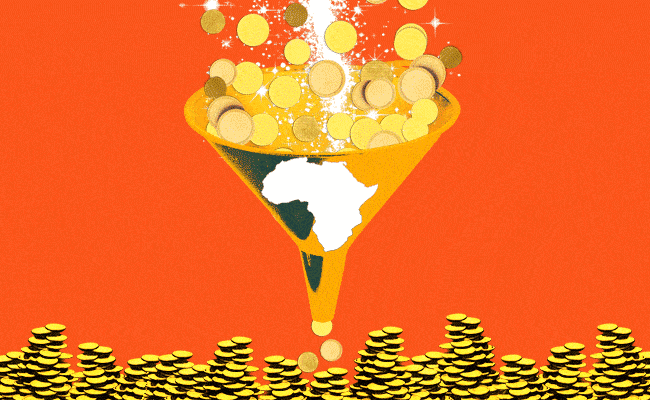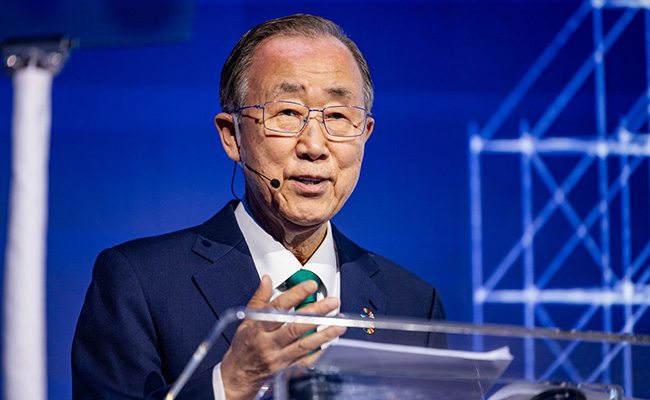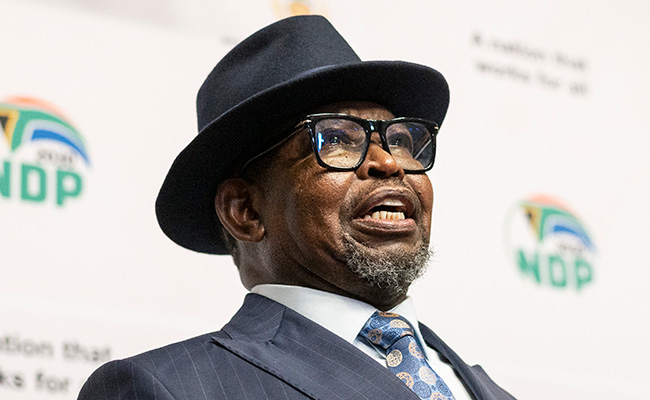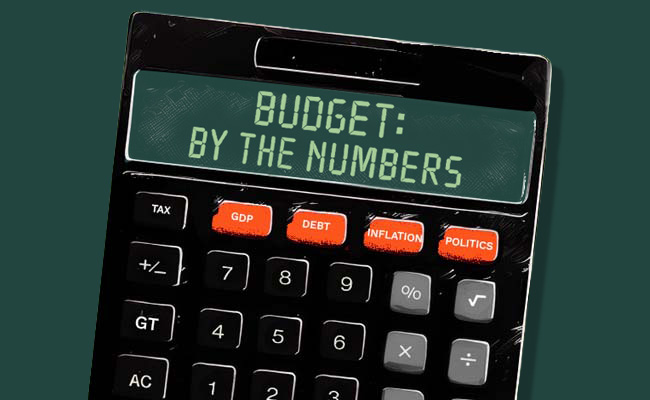When the G20 leaders gather in Joburg later this month, it will be the first time the world’s premier economic forum convenes on African soil. The symbolism is rich, but the substance – according to Standard Bank Group chief economist Goolam Ballim – must be more than ceremonial.
“Africa is both capital shy and, when it does access capital, the price it pays is punitive,” Ballim says in an interview ahead of the summit, which takes place at Nasrec on November 22-23. “The perception of elevated risk is often unaligned to reality. Ratings agencies, in particular, have been put on notice – they must justify why they judge us so harshly.”
Ballim’s critique echoes a broader frustration shared across African finance ministries and business circles: that global credit markets and multilateral systems routinely overprice African risk. He argues that sovereign downgrades have become self-perpetuating, constraining growth and deepening fiscal pressure even when fundamentals improve.
“Take South Africa,” he says. “When our debt to GDP was projected at 90%, ratings agencies called it unsustainable. Now it’s likely to fall below 80%, yet the rating remains unchanged. The goalposts keep shifting.”
The issue is not merely technical – it affects every borrower from Addis Ababa to Accra.
According to Oxford Economics’ Monthly Political Overview, which previews the summit, the continent’s leaders will use the G20 platform to push for reforms in global financial governance, including the International Monetary Fund quota system and the credit rating oligopoly that strongly influences capital flows.
South Africa, the current G20 chair, has framed the meeting around “Solidarity, Equality, and Sustainability”. President Cyril Ramaphosa has spent weeks shuttling between Southeast Asia and Europe, courting new trade partners and rallying support for a multilateral order that better reflects the Global South.
In Malaysia and Indonesia – both new or partner members of Brics – Ramaphosa urged investors to “take advantage of the African Continental Free Trade Area”. His message, says Louw Nel, senior political analyst at Oxford Economics, is clear: “Pretoria is leveraging its chairmanship to position Africa not as a beneficiary of aid but as a partner in global production networks.”
Recent wins, such as South Africa’s removal from the Financial Action Task Force greylist and Eskom’s improved power generation, lend credibility to Ramaphosa’s pitch that Africa is reforming itself and deserves fairer financing
Ballim sees a continent in transition. “In the 2000s, West Africa’s oil economies boomed while East Africa grew steadily. Now the reverse is true: East Africa, from Ethiopia to Mozambique, is showing structural resilience even through crises,” he says.
He expects investors to reward reform and policy stability, creating a “multi-speed Africa” where regions that improve governance will attract disproportionate capital. “Capital is going to chase reform,” he says. “The G20 can accelerate that by acknowledging differentiation rather than painting Africa with a single risk brush.”
‘Be unsurprised by surprise’
The G20 summit is taking place amid shifting geopolitical winds. The US administration under President Donald Trump is expected to reassume the presidency from South Africa on December 1, with Vice-President JD Vance representing Washington in Joburg. African leaders privately worry the transition could undo progress on climate and development finance.
Still, Ballim remains cautiously optimistic. “We must be unsurprised by surprise,” he quips, referring to the unpredictable tone of US diplomacy. “Even if agendas shift, the ratings agencies and multilateral lenders have been challenged to rethink. That conversation will not easily be unmade.”
Economists and diplomats say Africa’s agenda for the G20 should focus on three deliverables:
- Reform of global credit architecture – including fairer sovereign ratings and the expansion of blended finance mechanisms.
- Debt sustainability and access – pressing for longer maturities and lower-risk premiums in global bond markets.
- Support for regional integration – backing the African Continental Free Trade Area as a continental growth driver.
Ngozi Okonjo-Iweala, director-general of the World Trade Organization, recently said that “Africa’s trade integration is not a favour to the continent – it’s a hedge against global fragmentation”.
For Ballim, that argument goes to the heart of what this G20 should mean. “Africa is not seeking charity. It’s seeking parity,” he says. “The continent has shown resilience through global crises. The question for the G20 is whether the world’s financial architecture will finally reflect that reality.”
Top image: Rawpixel/Currency collage.
Sign up to Currency’s weekly newsletters to receive your own bulletin of weekday news and weekend treats. Register here.


